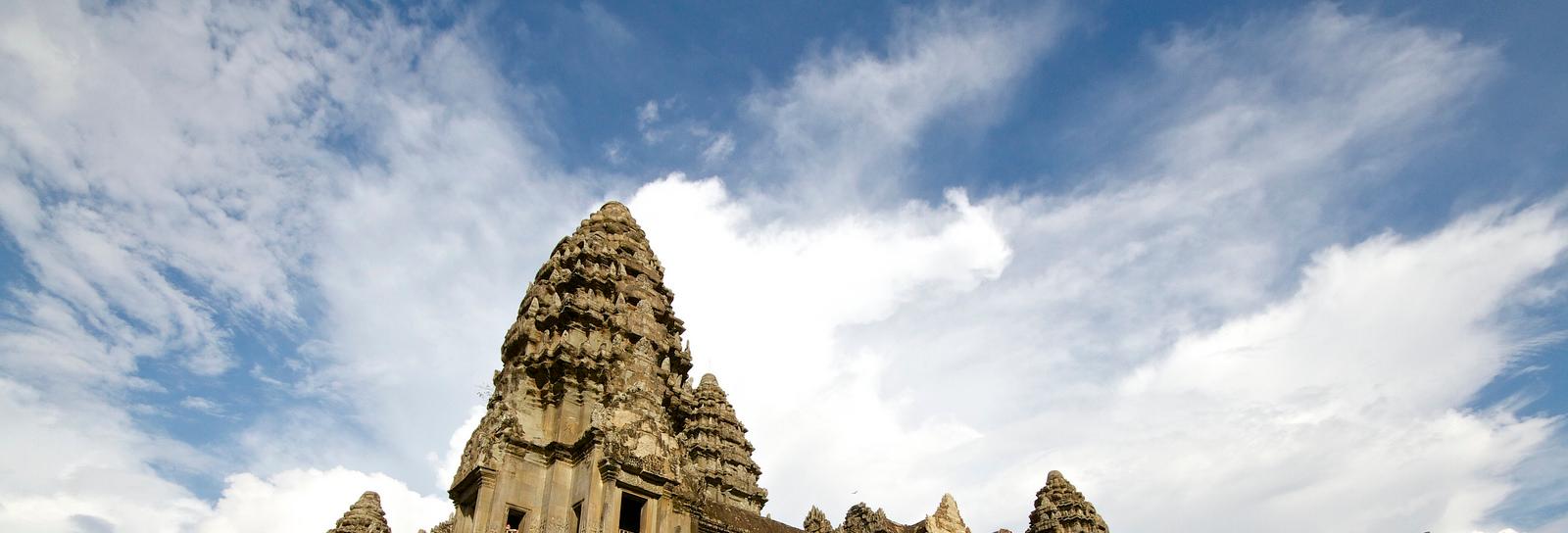
In the past decade, Myanmar and Cambodia have seen immense GDP growth and corresponding increases in healthcare expenditure per capita, ushering in a new era for healthcare policy-making that brings a renewed focus to improving accessibility.
Substantial government reforms in recent years have been driving economic development, geared at improving the standard of living in both countries. In Myanmar, the government recently introduced its national Health Plan to improve its citizens’ access to healthcare services and lower personal spending. Similarly, the Cambodian government has made significant advances in this area with new policies and funding which have helped more than 8 million people get access to basic health, nutrition and reproductive health services.
Yves Hermes, Area Director Southeast Asia, has been actively involved in establishing our presence in Myanmar since 2015 and in Cambodia since 2001. He shares “The rapid growth in both Cambodia and Myanmar presents big opportunities for both healthcare ecosystems, and there is clear potential for further development.” Since then, we have been working closely with governments and regulators, sharing our expertise in healthcare and experience working in other emerging markets, to introduce solutions that promote affordability and accessibility.
Introducing cold chain solutions
In Myanmar, financial aid from the government while increasing, is still insufficient to meet the demand for quality healthcare, as is the pool of skilled healthcare professionals to cater to patients in hospitals. The underdeveloped healthcare infrastructure means that hospital and clinics, particularly in rural areas, have basic or no cold chain facilities. Introducing solutions such as our proprietary packaging solution – the eZCooler will support treatment effectiveness and healthcare outcomes of Myanmar patients. eZCooler uses a unique thermal isolation system enabling eZCooler to retain the specific temperature of a product for up to five days, a crucial feature for distribution to remote regions in a large and hot country like Myanmar.
In the remote areas of Cambodia, we have also set up a support network with local businesses. In the event that any of our trucks suffer an engine failure, our drivers will be able to obtain access to electricity from our local support partners within a 30km/30-minute radius to ensure the continuity of our cold chain operations.
Partnering with regulators
Cambodia grapples with parallel imports particularly in the pharmaceutical industry. “Very often, drugs and medicine brought into the country by third-party importers are not maintained in the right conditions, making them unsuitable and unsafe for patient consumption,” shared Jean-Gaetan Guillemaud, GM for Zuellig Pharma in Cambodia.
Beyond parallel imports, Cambodia is also seeing a high incidence of counterfeit pharmaceuticals. Since 2018, Jean-Gaetan was elected Chairman of the Cambodia Healthcare committee & IBC Health Subcommittee, where he has partnered with the Cambodia Counterfeit Committee and the EU Ambassador on initiatives to cope with both parallel and counterfeit imports.
Growing the Talent Pool
Based on a threshold of 4.45 skilled health professionals per 1000 population, the WHO estimates that the needs-based shortage of health-care workers globally would be about 17.4 million, of which almost 2.6 million are doctors and over 9 million are nurses and midwives. The largest needs-based shortages are in Southeast Asia and Africa. To help address this gap in Myanmar, we have started a scholarship for aspiring nurses . This scholarship will fund four years of university education to support the need for more medical professionals here.
Frederik Meerhoff, GM for Zuellig Pharma Myanmar shared, “Nurses play an important role in helping patients manage and understand their diseases by being the key conduit between the doctor and the patient. The scholarship will not only support the education of local nurses, it also aims to educate people on the importance of the nursing profession.” While healthcare infrastructure in Myanmar and Cambodia have some ways to go, it is exciting to be part of the progress that has been made in just a few short years.
Having established our presence in Asia since 1922, we are familiar with the healthcare demands and challenges that come with burgeoning countries. As we continue to partner with businesses that we have long-standing relationships with, we are excited to forge new partnerships with businesses and governments to improve access to healthcare in developing Asia.
